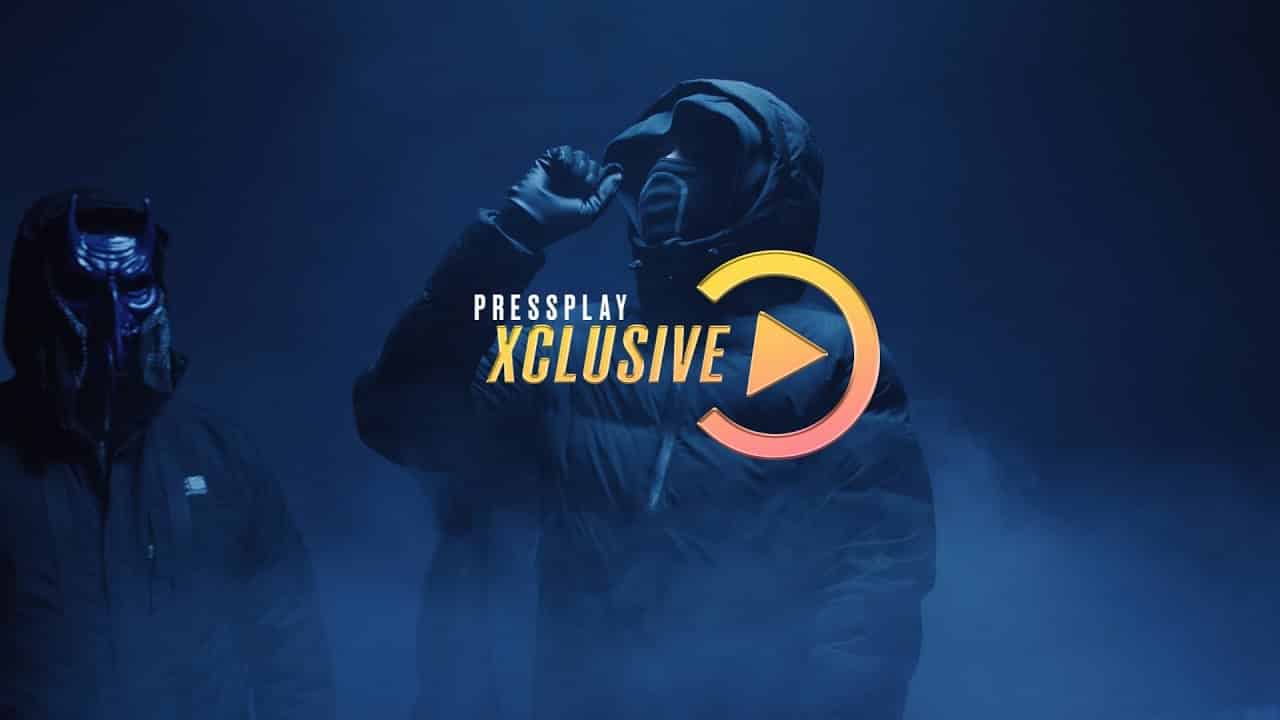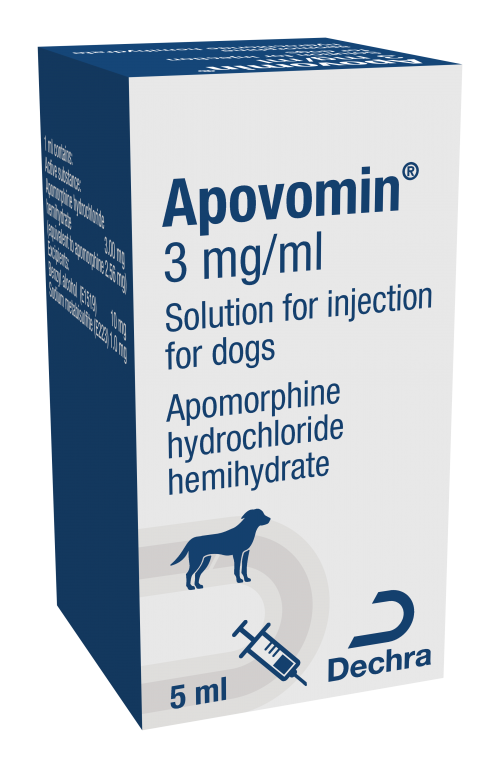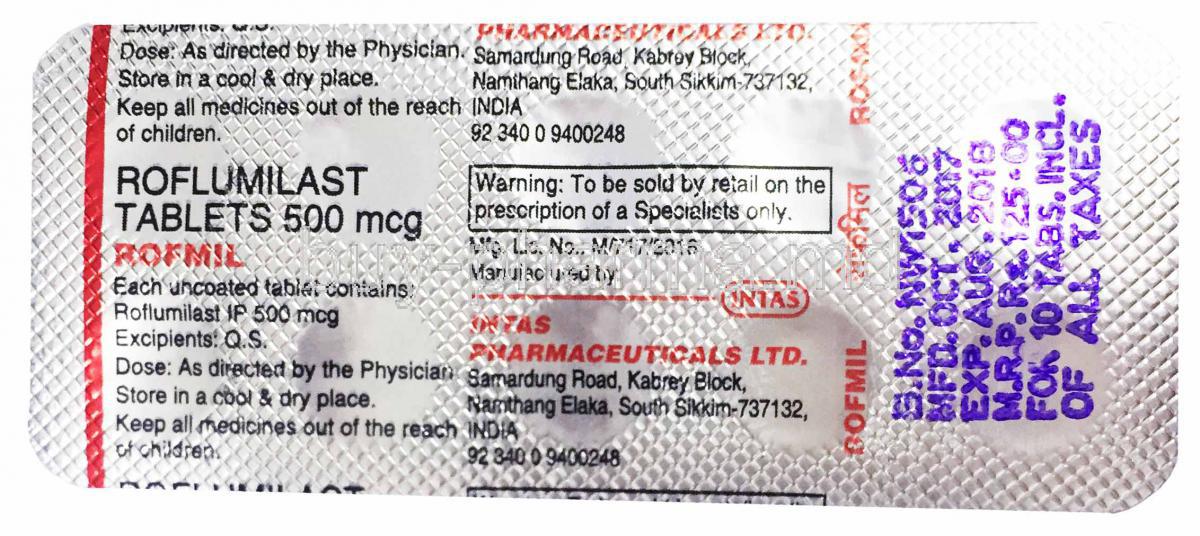Table of Content
Several cases of Sprint phones simultaneously roaming on Verizon's CDMA network for voice and AT&T's LTE network for data have been observed in 2017. Prior to their merger, Sprint and Nextel were dependent on a network of affiliated companies. In order for Sprint Nextel to allay some of this opposition, they initiated discussions of either acquiring some of these affiliates or renegotiating existing agreements. In several cases, the newly formed company was forced to acquire affiliated companies in exchange for their dropping their opposition to the merger.

The PCS shareholders claimed a loss of 1.3 billion to 3.4 billion dollars. On October 5, 1999, Sprint and MCI WorldCom announced a $129 billion merger agreement between the two companies. The deal would have been the largest corporate merger in history at the time.
Sprint Prepaid Group
Sprint Corporation provides wholesales capacity on its CDMA2000, EVDO, and LTE wireless networks to mobile virtual network operators , which allows other wireless providers to utilize its networks to offer its services. Sprint's prepaid brands also operate using Sprint's networks, however, they are not MVNOs, but rather wholly owned prepaid subsidiaries of the company. On September 17, 2007, Sprint Nextel launched the Airave, which increased cell reception over an area of 5,000 square feet and could handle up to three calls at once by hooking into an existing broadband connection and using VOIP. The Airave helped eliminate poor signal quality inside buildings. Airave was used only for voice calls using a Sprint CDMA phone and was unavailable for Nextel iDEN phones or data cards/USB modems.

Calls initiated on Wi-Fi by non-VoLTE devices will transfer calls to the LTE network if Wi-Fi coverage becomes too weak to sustain the call, although they are unable to initiate calls on LTE. In 2018 with the announcement of the Sprint and T-Mobile merger, Sprint gained access to roaming on T-Mobile's LTE network for 4 years. Roaming on T-Mobile is counted as native data usage and has no speed restrictions. The program is also beneficial to MVNOs customers who do not want to pay subsidized prices. On December 15, 2004, Sprint Corporation and Nextel Communications announced they would merge to form Sprint Nextel Corporation. The merger was transacted as a purchase of Nextel Communications by Sprint Corporation for tax reasons; Sprint purchased 50.1 percent of Nextel.
CDMA
They announced that Sprint will be offering dual-mode 3G/4G products by the end of the year. Baltimore was the first city to get Xohm, but it was launched soon after in more cities, such as Chicago and Philadelphia. Sprint announced initial LTE deployment plans at the Sprint Strategy Update conference on October 7, 2011. Network Vision-partner Samsung began LTE deployments on October 27, 2011, in Chicago, Illinois. Sprint projected that the LTE network would cover 123 million people in 2012 and over 250 million people by the end of 2013.
The brand provided mobile and fixed wireless broadband communications services to retail and wholesale customers in Belgium, Spain, and the United States. Sprint ended the CLEAR brand in September 2013 shortly after it closed its acquisition of Clearwire, and it no longer offers CLEAR-branded products and services to new customers. Boost Worldwide, Inc. was a wholly owned subsidiary of Sprint that provides nationwide, prepaid wireless voice, messaging and broadband data products and services to customers in the contiguous United States under the Boost Mobile brand.
Merger of Sprint Corporation and Nextel Communications
In 1989, this long-distance business became profitable for the company for the first time. In 1990, Henson retired from United Telecommunications; by this time the company's revenues had grown to $8 billion. Brown Telephone Company was founded in 1899 by Cleyson Brown, to deploy the first telephone service to the rural area around Abilene, Kansas. The Browns installed their first long-distance circuit in 1900 and became an alternative to the Bell Telephone Company, the most popular telephone service at the time.
Roughly a third of the retail space in each location is dedicated to Sprint products and services, and the stores will ultimately adopt Sprint as their primary brand in place of RadioShack. Sprint stated that this deal would increase the company's retail footprint by more than double. On October 14, 2012, the Japanese telecommunications company SoftBank announced it intended to purchase 70% of Sprint Nextel Corporation for $20.1 billion.
Leadership, background, and stock changes happened immediately, with customer-side changes happening over time. The Sprint brand officially discontinued on August 2, 2020. Billing was already showing the T-Mobile brand, and on this date all retail, customer service, and all other company branding switched to the T-Mobile brand. New rate plans were also introduced as well for all new and existing customers from both companies, though all will be grandfathered into their current plan for at least 3 years should they choose not to switch to a new T-Mobile plan.
If you cancel wireless service before receiving 24 bill credits, credits stop and balance on required finance agreement is due (e.g., $299.99 – Moto G Stylus 5G 2nd Gen). If you have cancelled lines in the past 90 days, you may need to reactivate them first. $35 assisted support, upgrade support, or device connection charge due at sale. Up to $300 via bill credits; must be active and in good standing to receive credits; allow 2 bill cycles.
Savings with T-Mobile 3rd line free via mo. bill credits vs. comparable AT&T and Verizon Plans. "Inside the Plan to Pull Sprint Out of Its Death Spiral; A Japanese billionaire and a Bolivian telecom vet think they know how to fix the ailing company". Sprint was the official wireless sponsor of the 2007 MTV Video Music Awards.

In the early stages of network build-out, the company relied significantly on network partners known as affiliates to rapidly expand its coverage. These affiliates would lease Sprint's PCS spectrum licenses in a specific geographic area, typically rural areas, and smaller cities, and provide wireless service using the Sprint brand. Sprint provided back-end support such as billing and telephone-based customer service, while the affiliates built and maintained the network, sold equipment to customers, and staffed the retail stores in their specific regions. Its customers could "roam" across Sprint-operated and affiliate-operated portions of the network without being aware of the distinction, and vice versa. Outwardly, efforts were made to make it appear as if the network was operated by a single entity under the Sprint name, though complex revenue-sharing agreements were in place which was very similar in nature to cross-carrier roaming tariffs.
In later years, the relationship between Sprint and its affiliates grew contentious, particularly after Sprint's acquisition of Nextel. Various affiliates included Swiftel Communications in Brookings, South Dakota; Shentel in northern Virginia, and parts of Pennsylvania, Maryland, and West Virginia. CLEAR was the brand of mobile broadband services offered by Clearwire Corporation, which was acquired by Sprint Nextel in July 2013.





